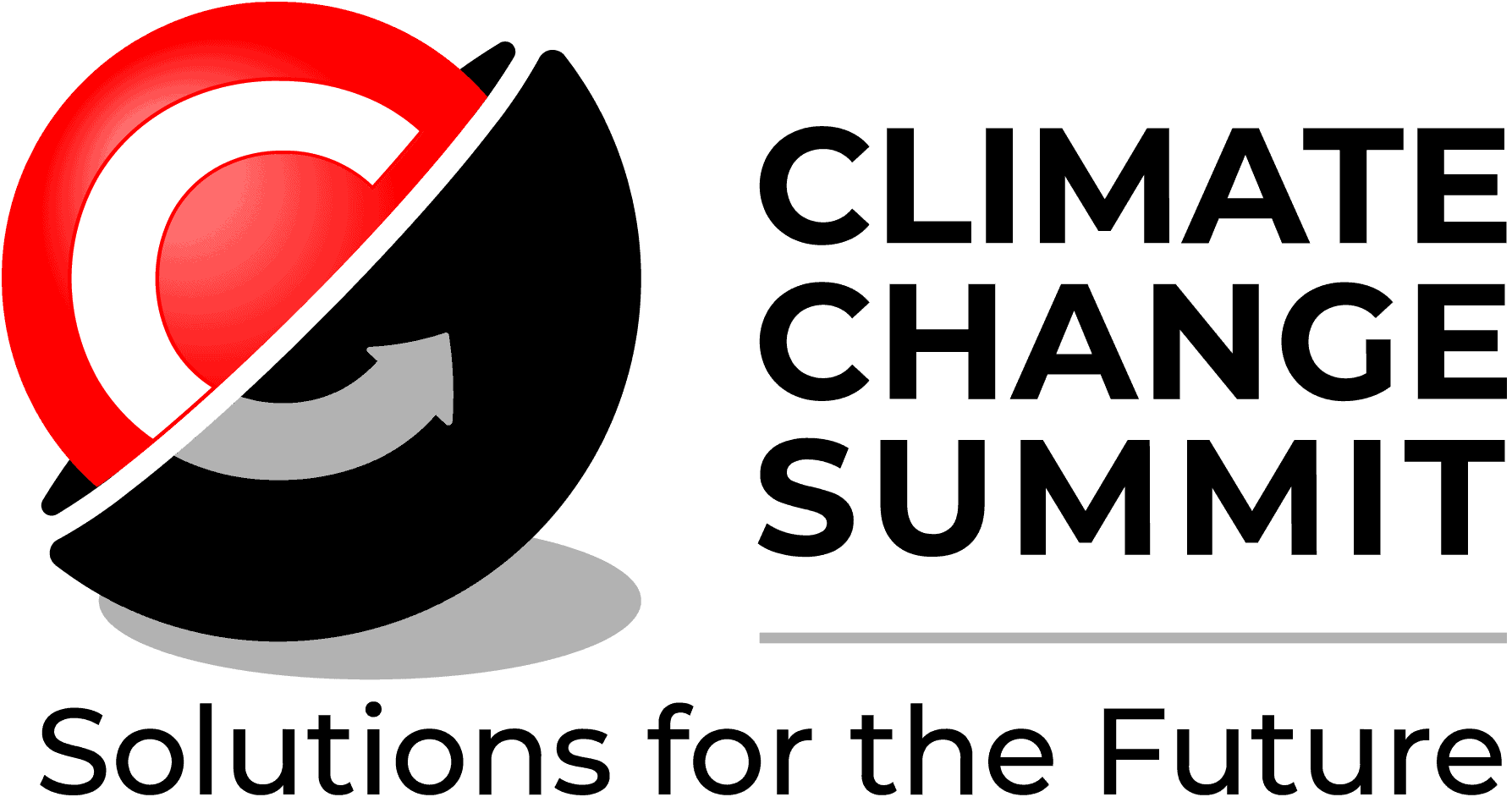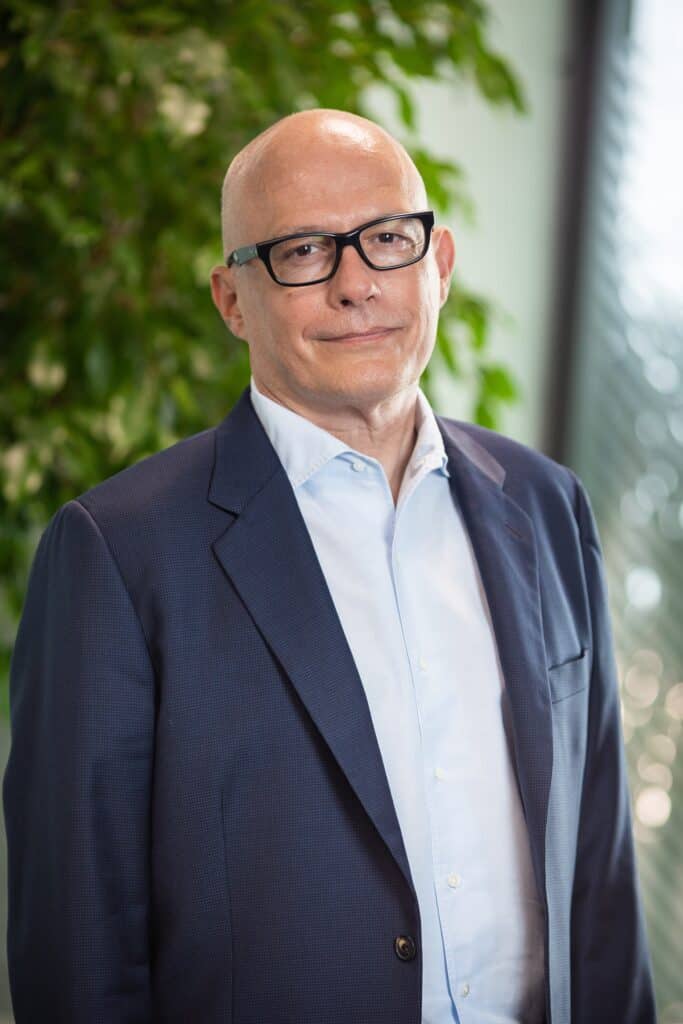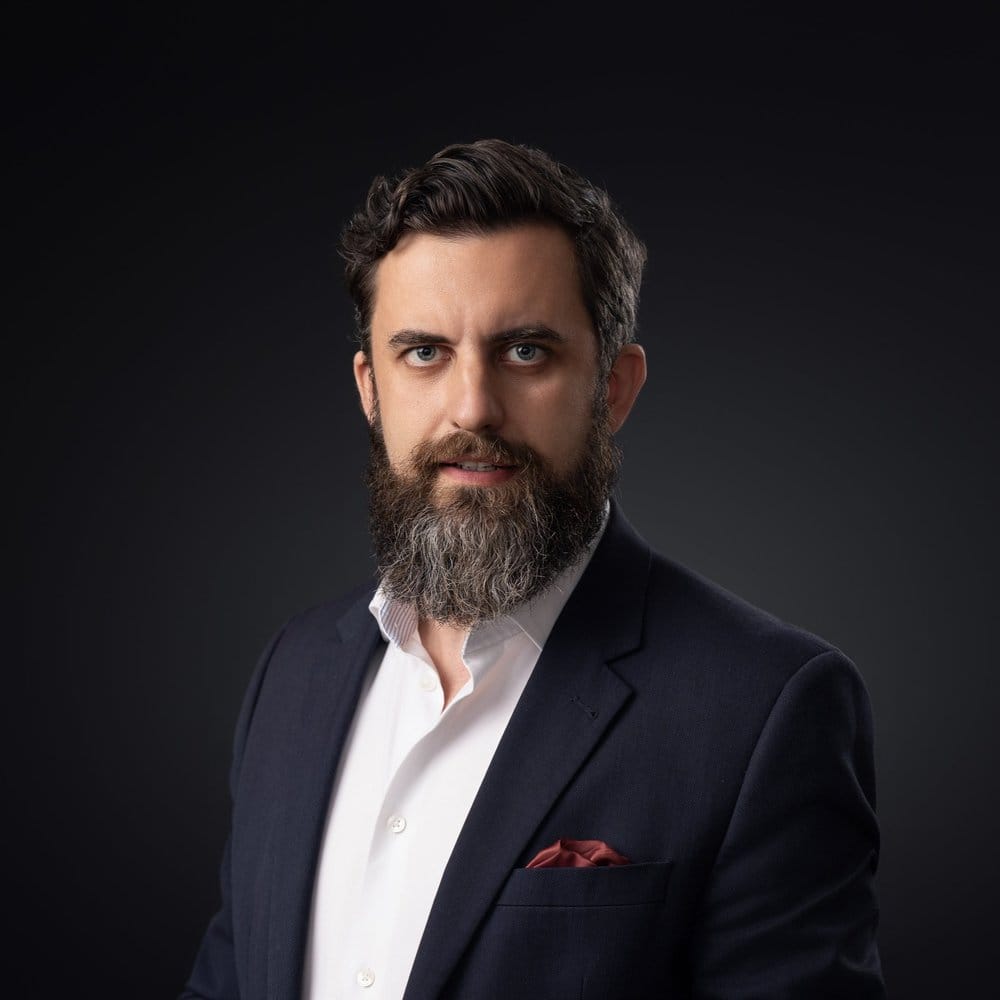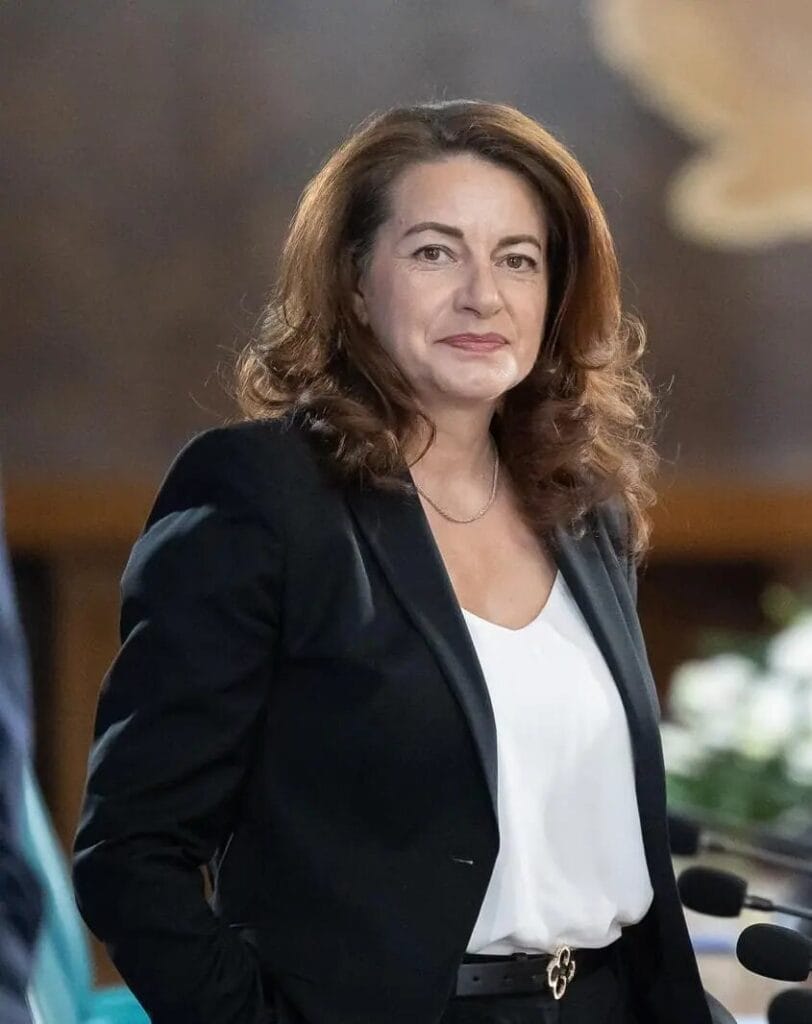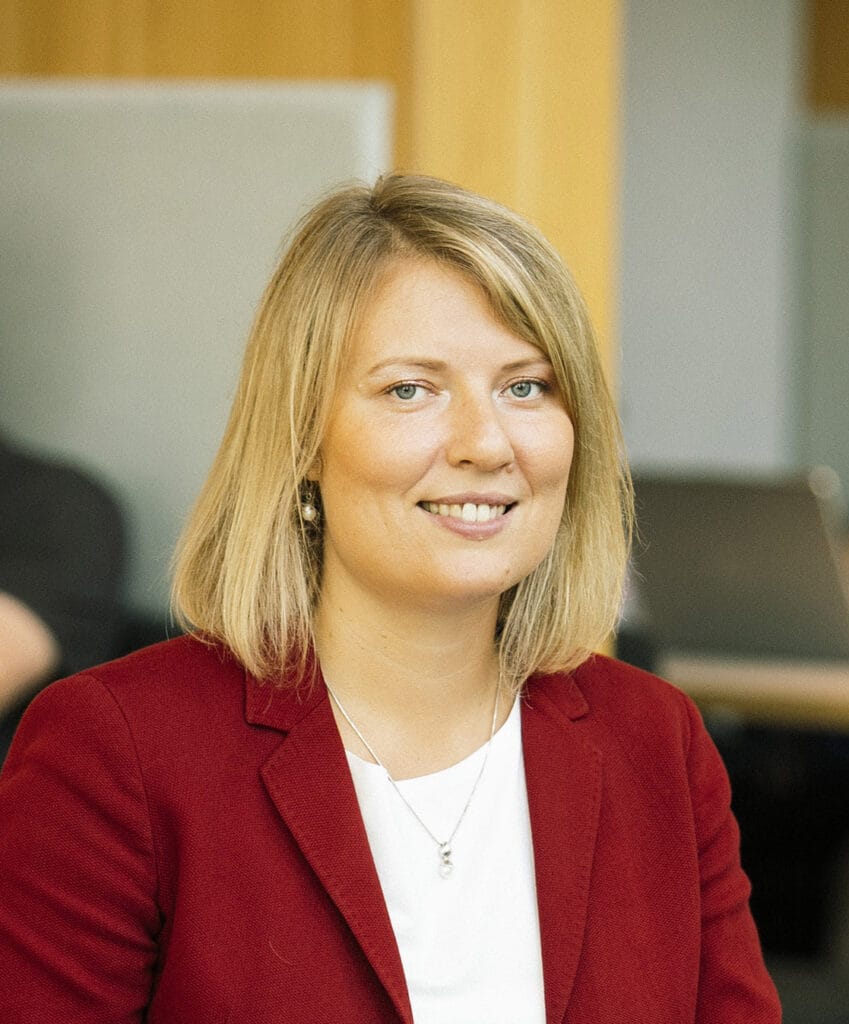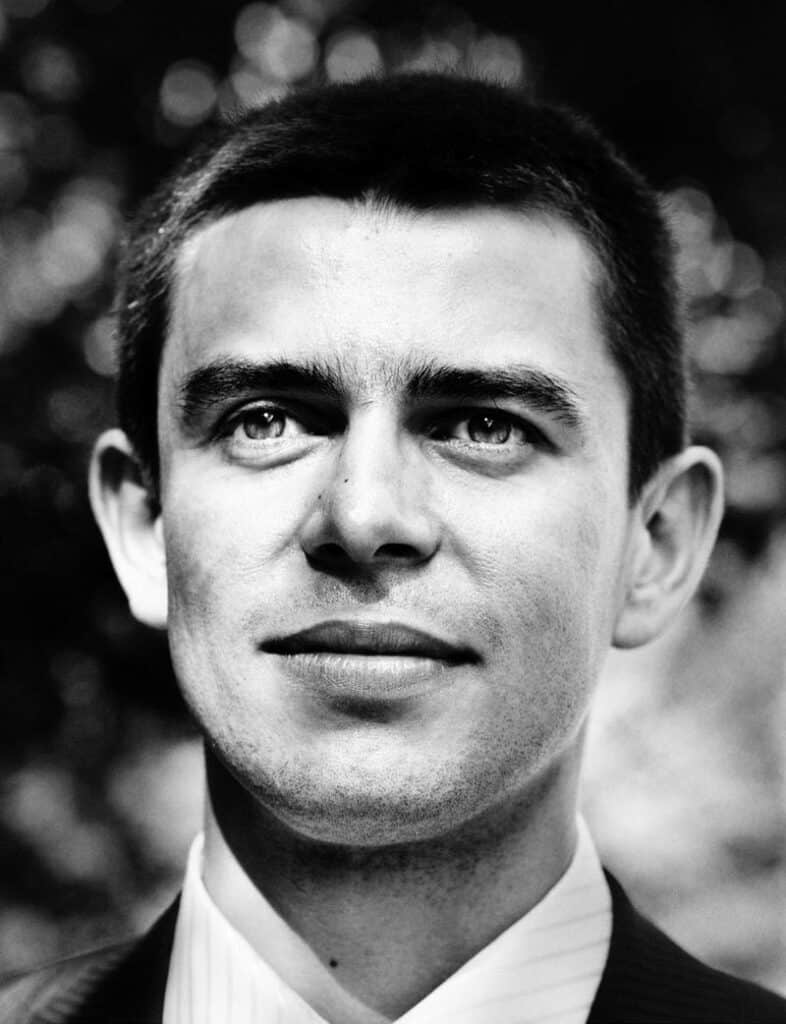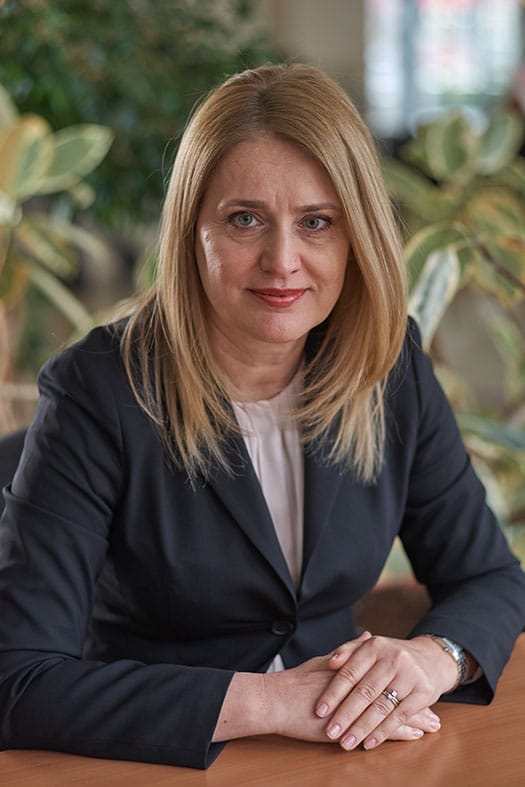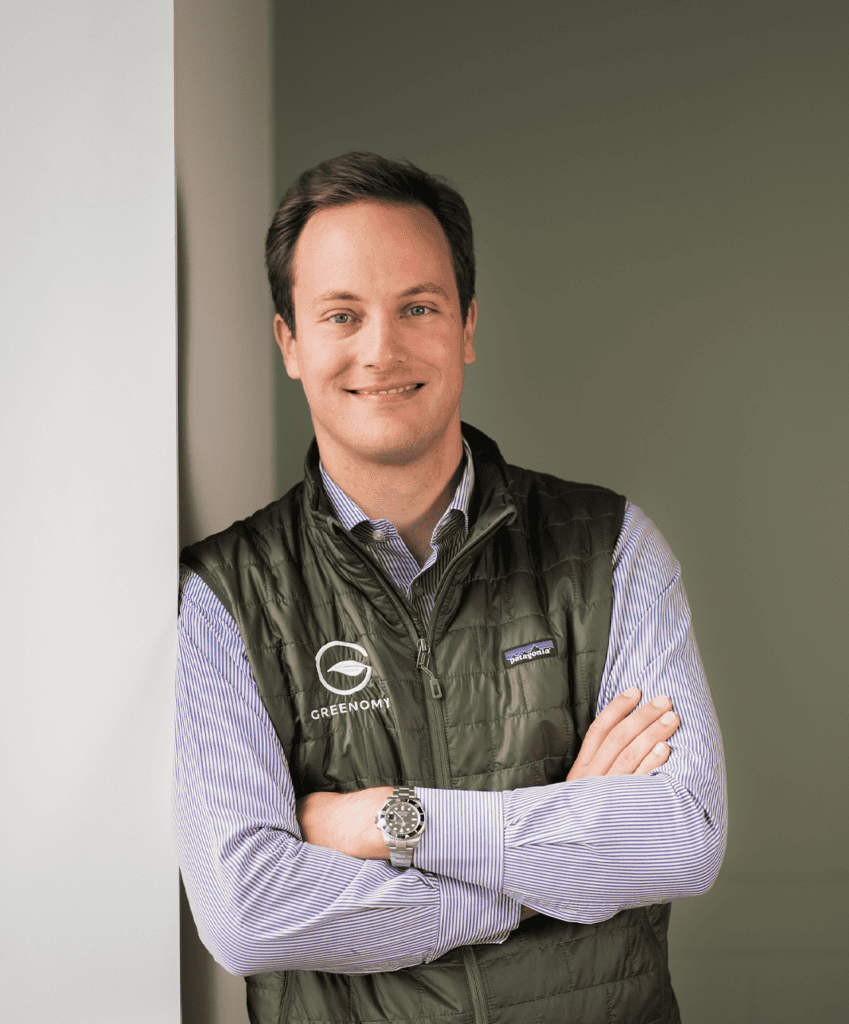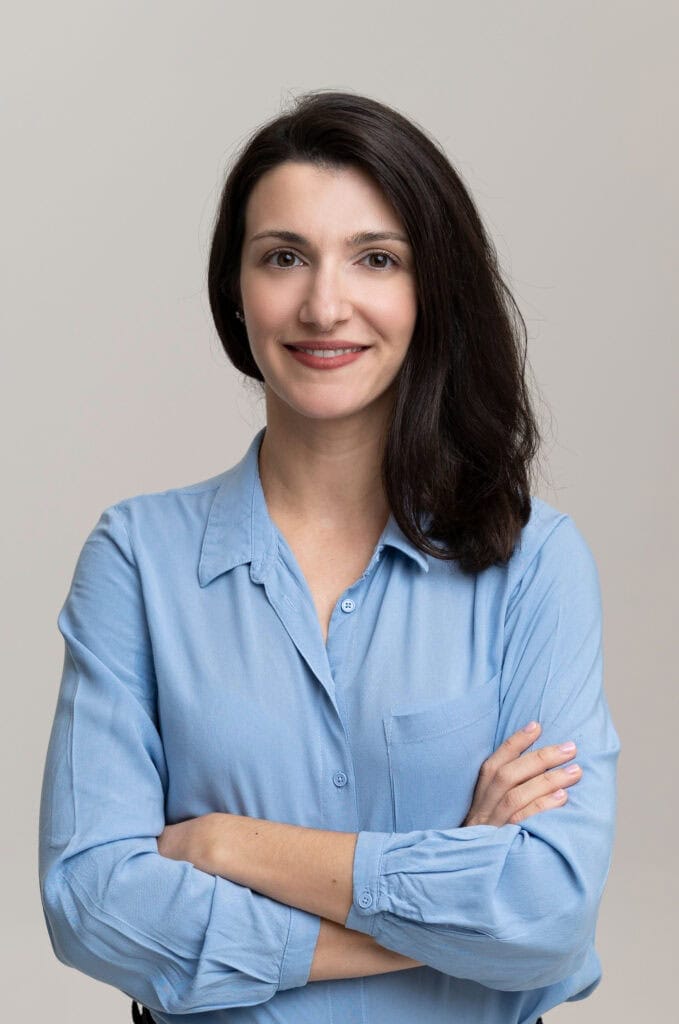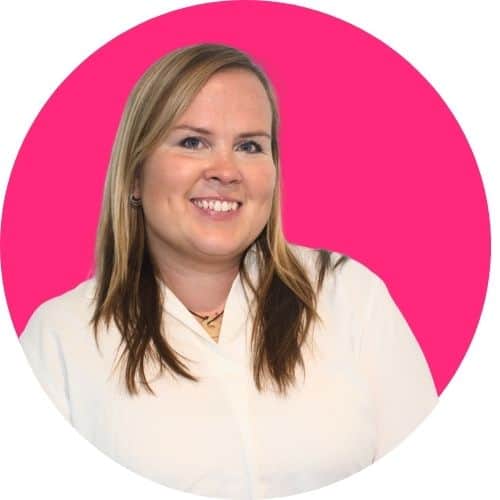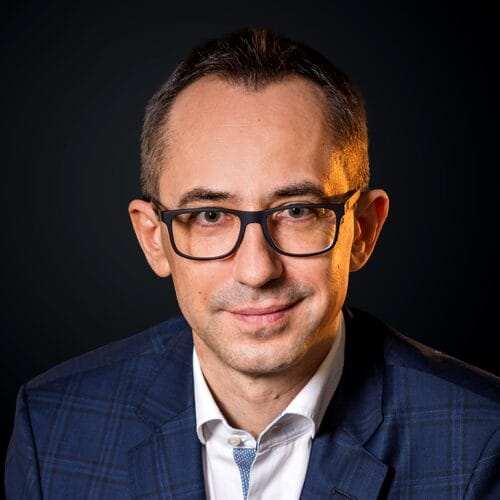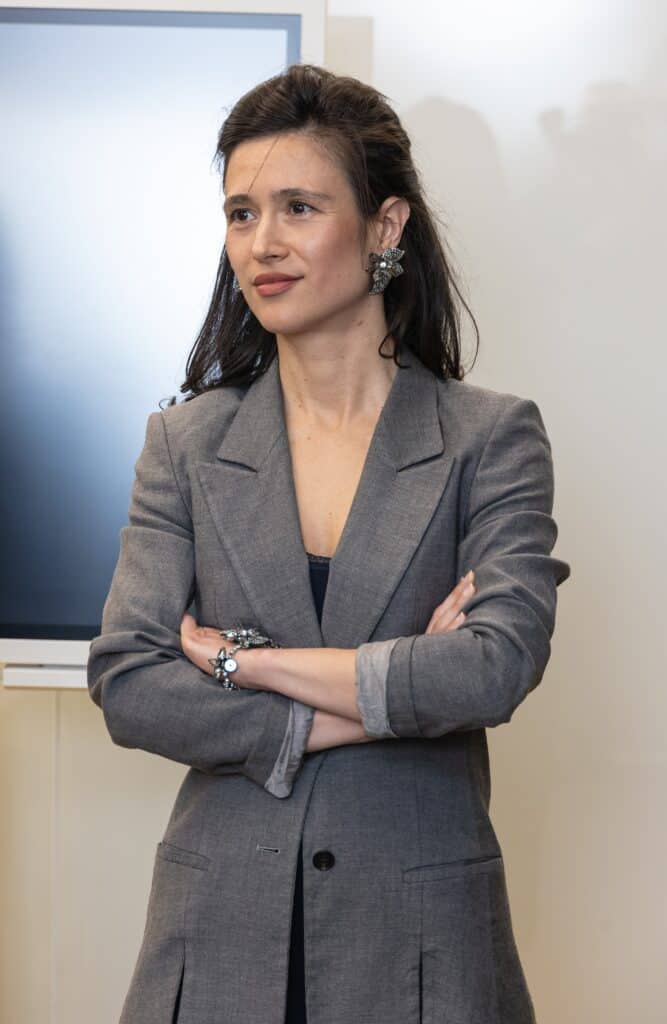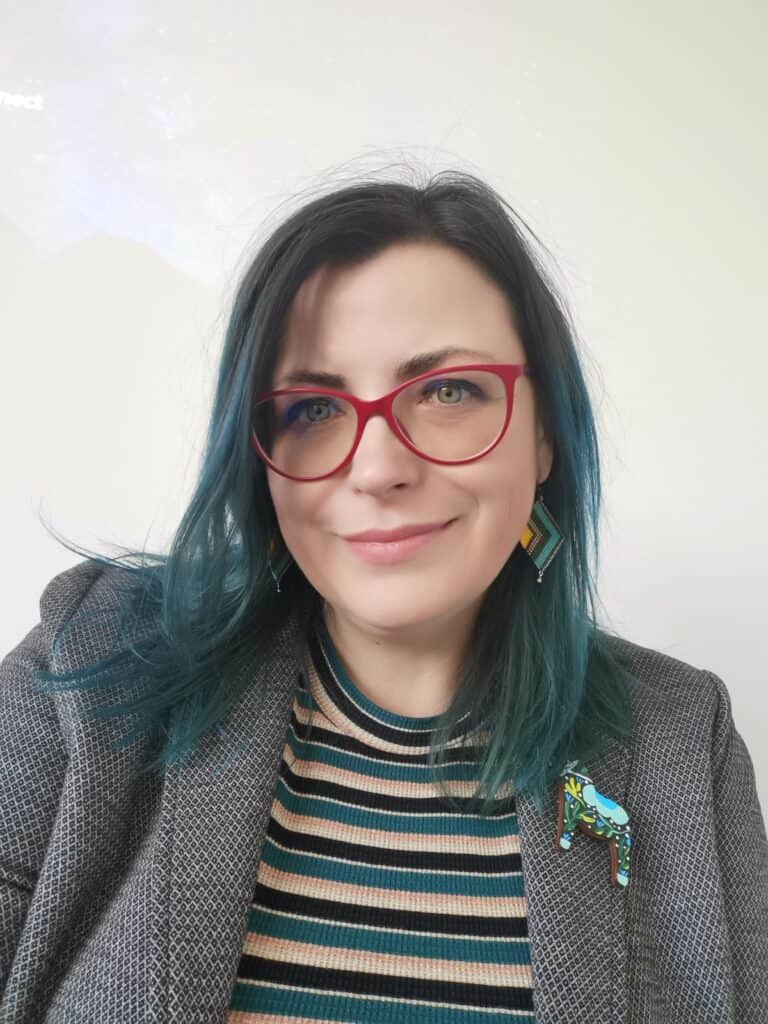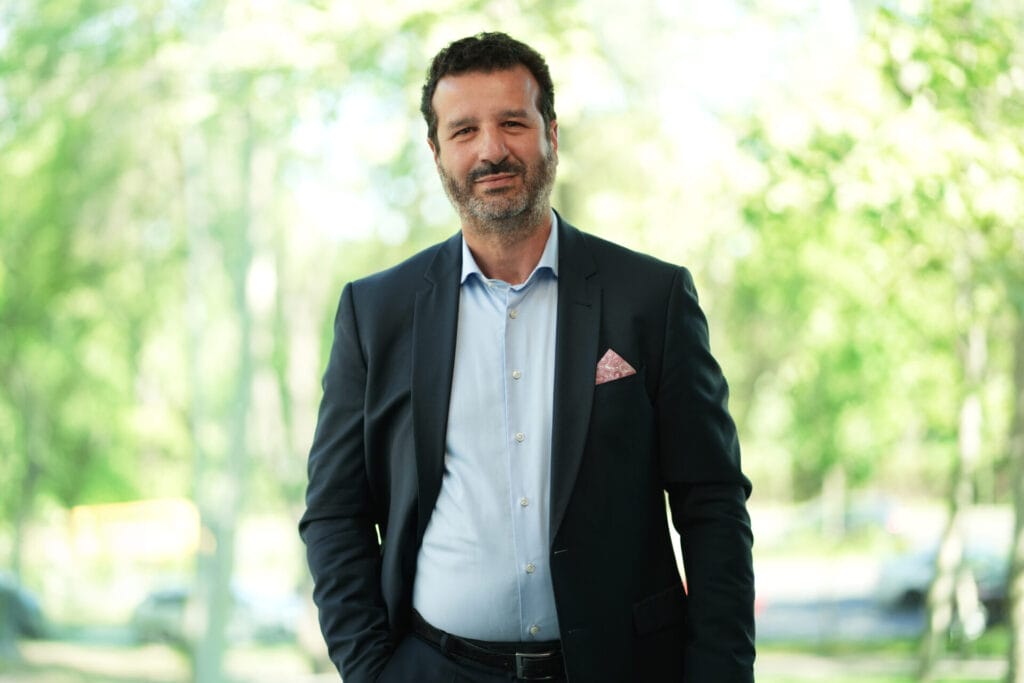More often than not, when it comes to actually doing things about climate change, we tend to become reluctant because we perceive these actions to be interfering with our current earned comfortable life: using cars in our everyday life, having technical appliances around the house which we can use at discretion, working at our computers whenever we want, soft recycling, fly for all vacation destinations, leave others to donate for climate change causes, because “we can’t all save the planet”.
Of course, it’s easier to think and talk than to act, but maybe it is not so painful to bring ourselves into doing, if we know how to be effective (i.e. have the best ratio effort/effect).
Johannes Ackva, an environmental activist since he was a teenager and a researcher at Founders Pledge, believes that „the best thing to do around climate is to fund charities with leverage on global emissions”.
He believes that if we look at what we can do, at the level of our individual life, we address consumption behaviors.
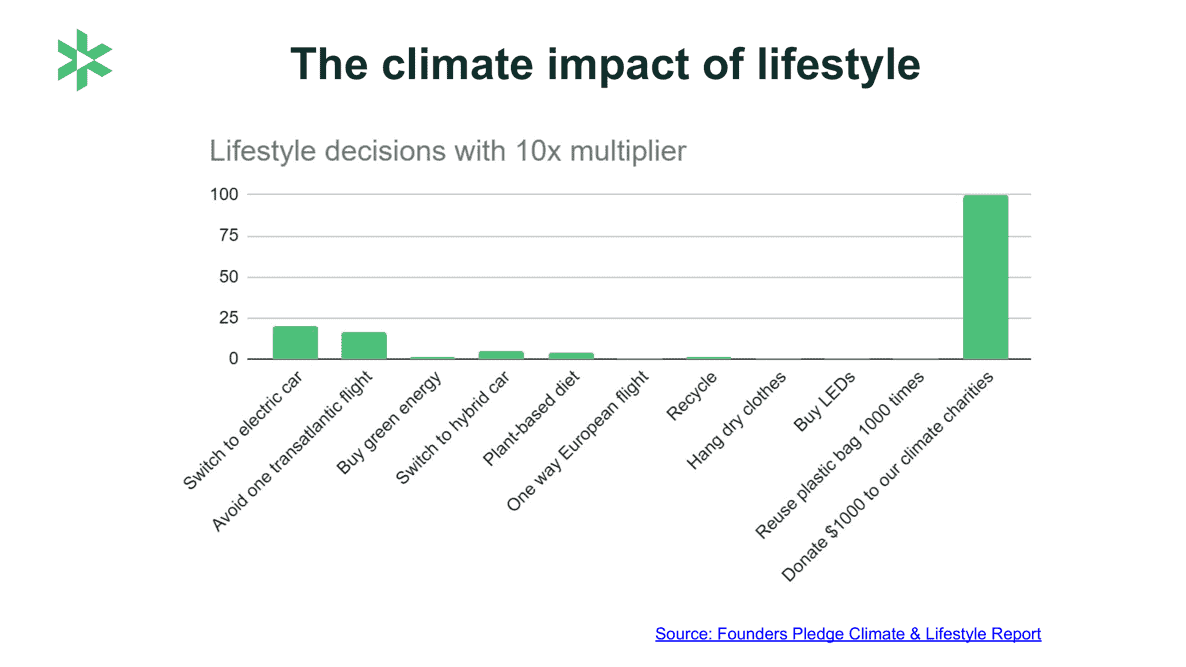
The Founders Pledge Climate and Lifestyle Report shows the impact of our changing behavior, provided we also inspire other 10 people to do the same. For example, by switching to an electric car and inspiring 10 other people to do the same, you can save around 20 tons of carbon.
Compared to this scenario, donating $1,000 to top climate charities would top the impact of your cumulated individual changes, even though you can’t convince anyone else to follow your donation.
The point here is not that you shouldn’t make lifestyle changes, but that when you think about the actions available to you, you should consider donations as well, because they’re very important and allow you to leverage your impact far beyond what you can do by changing your lifestyle.
How do we choose the “good climate change charities”, to make sure we stay effective and don’t waste our money?
As we know, climate change goes beyond the idea of climate, as it mostly has to do with triad. The first challenge in the triad is solving the energy problem.
Carbon energy contributes to about 80% of global human-based emissions.
We’re currently on a path leading to 3 degrees of warming, and there’s a more than 1% chance that we’ll experience 6 degrees of warming. 3 degrees would certainly be bad. 6 degrees of warming would create an almost unimaginably different world from the one that we’re living in now.
The second challenge is air pollution. There are at least 5 million premature deaths per year from air pollution, an outcome that is split rather evenly between fossil fuel-based air pollution and indoor air pollution from biomass. This is a significant public health problem — one that we talk about much, much less than climate change. But from a near-term perspective, air pollution is of similar importance.
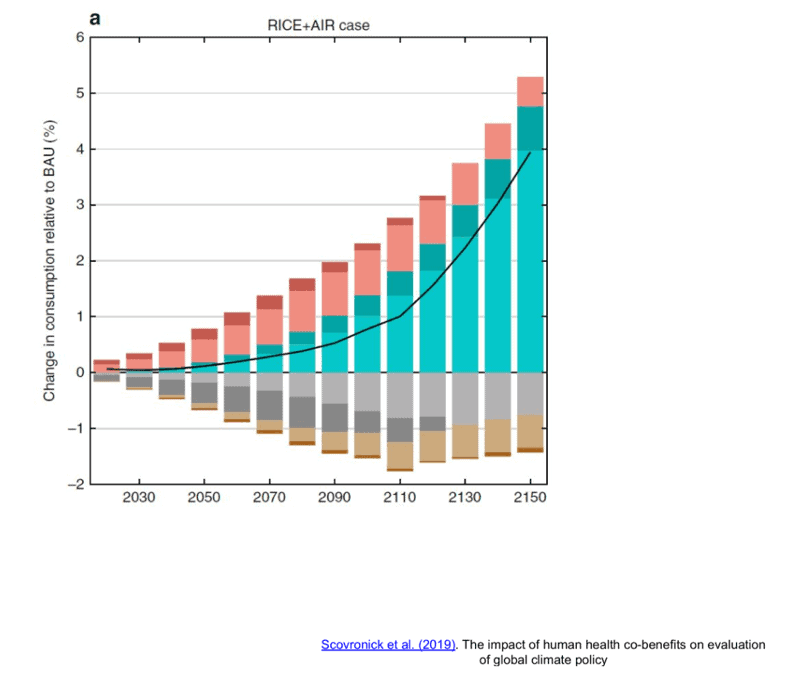
The x axis shows the passage of time, and the y axis shows the impact of human health co-benefits on the evolution of global climate policy. The benefits in red are those related to air pollution, and the benefits in blue are related to more conventional impacts of climate change. As we can see, for at least the next few decades, the air pollution benefits outweigh the climate benefits. This changes over time because there’s a lag with many climate impacts, but there’s strong reason to think that air pollution is an important topic.
Energy poverty is the third element of the triad. Right now, about 3 billion people are cooking with biomass, and one billion people don’t have access to electricity. These statistics hide a much wider amount of energy poverty. This is important because having more energy is very closely tied to human development.
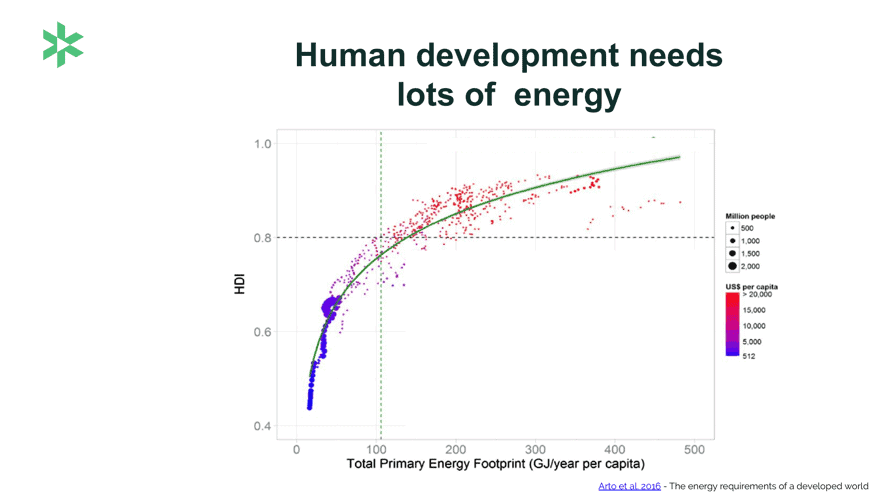
This graph shows the human development index relative to our energy footprint. Most of the global poor are represented in the area of the graph between zero and 100 on the y axis. That indicates a very strong relationship between having more energy and better human development.
The bottom line, when thinking about climate as a triple challenge, we must bear in mind that the best climate charities address way more issues than just climate.
In terms of global leverage and efficacy, according to Founders Pledge and Johannes Ackva, there are 3 main pillars that can be game changer
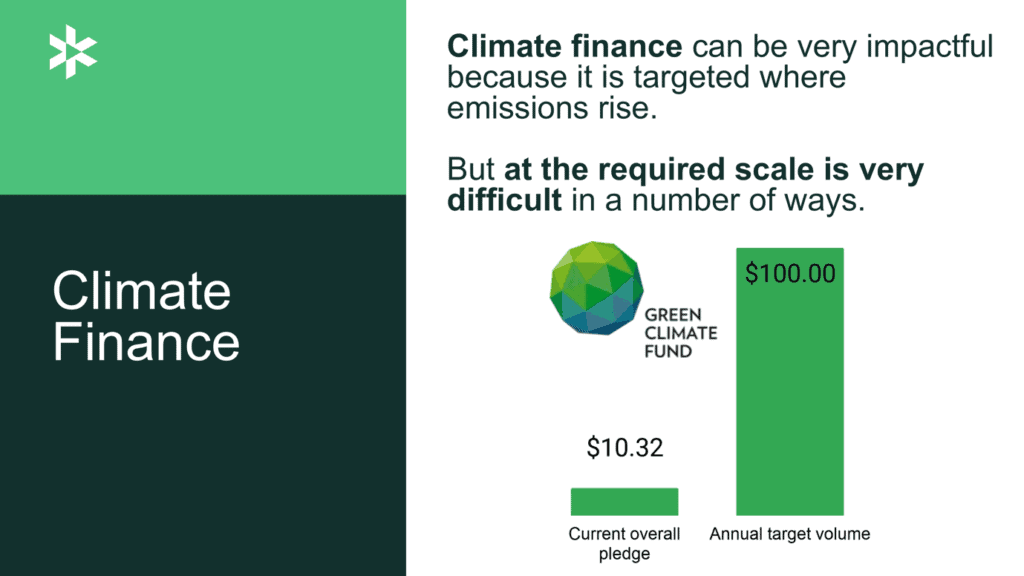
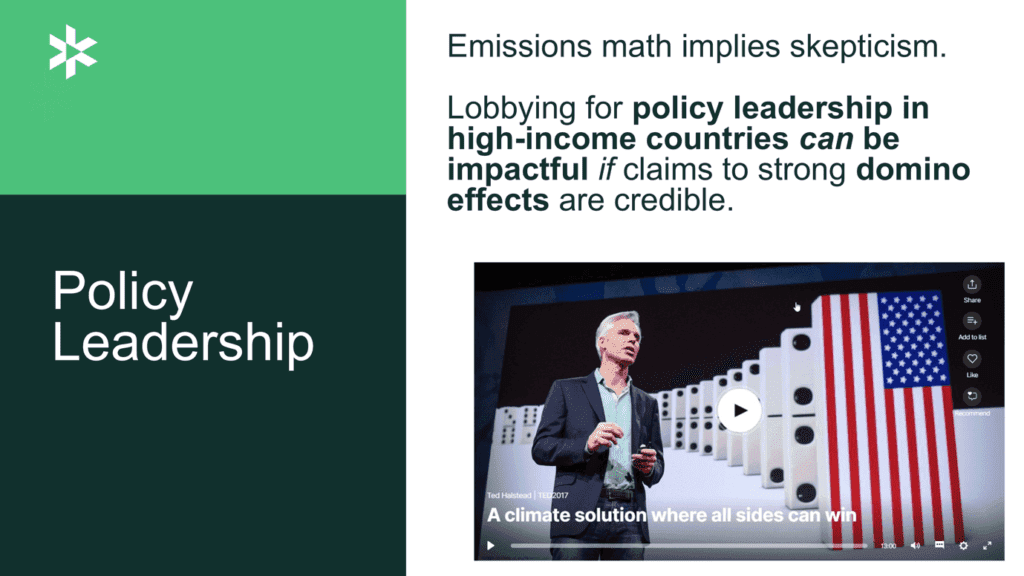
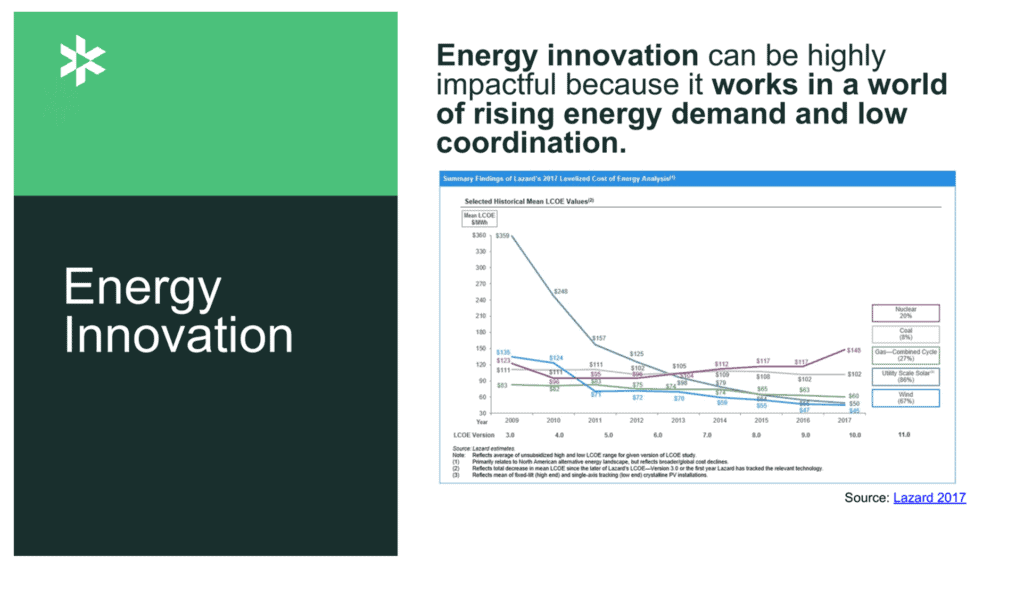
If we have the power to contribute to any of these 3 areas, we shouldn’t wait any longer. If not, donations to “good” and responsible climate change charities could end the hustle of wanting to add value without feeling like our lives and comfort fall apart.
